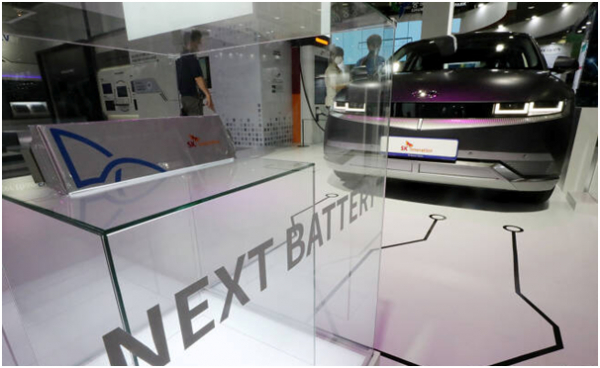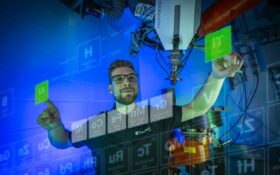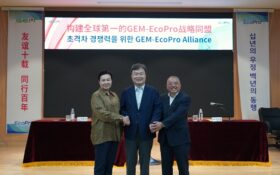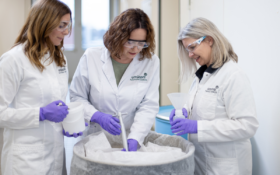South Korean EV battery producers LG Energy Solution, SK On and Samsung SDI are preparing to ramp up production of high-nickel batteries.
In the race to roll out new EVs with next-generation batteries by the end of this year, BMW and General Motors are fitting them out with high-nickel batteries produced by Samsung SDI and LG Energy respectively. Ford will be using SK On’s NCM9 in their EV pickup set to launch in spring 2022.
Battery cells with a nickel content of more than 80% are classed as high-nickel. Their longer mileage and shorter charge times make them an attractive performance option.
The NCM9 from SK On is composed of lithium, nickel, cobalt and manganese— the nickel content is 90%.
LG will be producing high-nickel batteries composed of nickel, cobalt, manganese and aluminium (NCMA)— the nickel content is 85%.
In September, Samsung began large-scale production of GEN5 lithium-ion battery cells— a type of NCA battery with 88% nickel content.
Red flags
Unfortunately, safety can be an issue with NCM and NCA— as we saw with GM’s Chevy Bolt EVs, using NCM622 batteries.
To reduce the likelihood of pyrotechnics, SK On completely separates the cathode and anode with Z-shaped separators. The company intend to increase the nickel content to 94% in a future battery.
To improve safety Samsung added aluminium-based materials and protective coatings to their batteries and LG have started using aluminium for theirs.
LFP
Chinese challengers such as CATL and BYD have been concentrating on LFP batteries, which have comparatively higher safety levels (though with a shorter run time) and both Tesla and VW have announced their intent to use LFP in their entry-level models. SK On is considering manufacturing LFP for its low-medium priced EVs.












